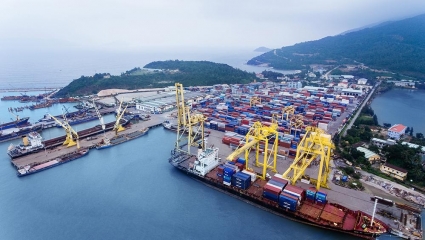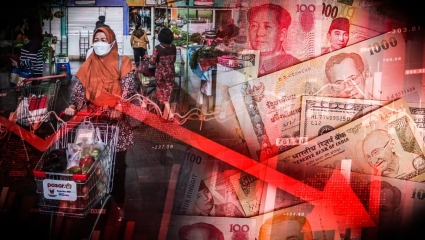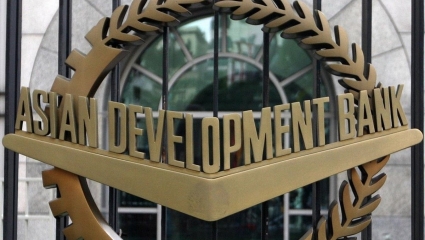ASEAN Bank Asset Quality Risks Mitigated by Economic Growth
The modest deterioration in asset quality that Fitch expects over 2023 will largely reflect the lagged effect of rate hikes in 2022.
The tightening of the regional interest rate cycle over 2022-2023 will weaken asset quality across most ASEAN banking systems, says Fitch Ratings. However, risks to bank credit profiles in 2023 should be mitigated by robust economic growth, adequate provisioning and the higher rates lifting net interest margins in most markets.
Rates are likely to rise further this year in all six key ASEAN banking markets, aggravating the impact. For most, economic growth is also set to slow as external headwinds mount, with only Thailand seeing faster expansion.
Nonetheless, inflationary pressure in Indonesia, Malaysia, Thailand and Vietnam has been more muted than in Europe or the US, reducing the need for dramatic monetary policy tightening. This, coupled with continued robust domestic demand growth prospects and resilient job markets, should help limit asset-quality pressure.
Loan provisioning appears commensurate with our expectations for asset-quality deterioration in most ASEAN markets, which should reduce the danger of an adverse effect on bank credit ratings.
Risks to banks’ standalone Viability Ratings could mount under Fitch’s downside scenarios, for example, if regional growth slows more sharply than we currently forecast or if inflationary pressure is greater or more persistent than we anticipate, prompting rate hikes beyond our baseline.
Such a scenario would increase downward pressure on house prices, and could weaken mortgage lending quality, particularly if it were to be accompanied by a weaker job market.
We believe banking systems in most cases have adequate loss-absorption buffers to weather downside shocks. However, capitalisation in Vietnam is thinner than in most other markets.
Các tin khác

Standard Chartered Released VND Exchange Rate for 2023

Rail Hailing Company Offers Thank-you Programs for Partners

Global Economic Recession a Possibility, World Bank Says

Standard Chartered Forecast Vietnam 2023 GDP Growth at 7.2%

Tough year expected for banks in 2023

Vietnam’s Hiking Cycle Under Way, HSBC Says

Amazon Global Selling Vietnam Reveals its 2022 Vietnam SMEs Empowerment

Vietnam: Bracing for a Trade Winter

Asia Economies to Benefit from China’s Opening in Second Half 2023

One More HDBank Leader Registered to Buy HDB Shares

Sign of a Loan Agreement for Ninh Thuan Province Onshore Wind Power Project

ADB, BIM Wind Sign $107 Million Financing Package to Support Wind Energy in Viet Nam

International Agreement to Support Vietnam’s Ambitious Climate and Energy Goals

Vietnam to Receive $15.5 billion for Energy Transition

FPT Announced Business Results in the 11 Months of 2022

ADB Lowers Growth Forecast for Developing Asia amid Global Gloom

Amazon Announces its Biggest Holiday Shopping Weekend Ever

Unilever Vietnam to Consolidate the Position in Circular Economy

HSBC: The Vital Role of Voluntary Carbon Markets







